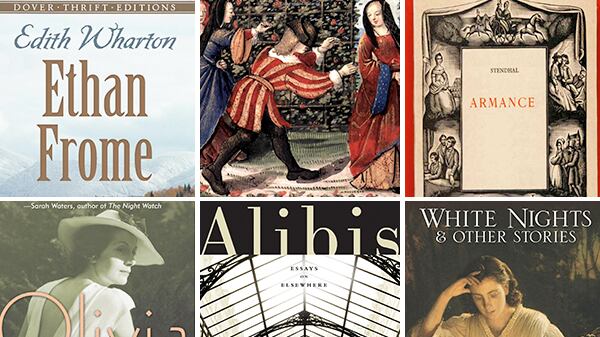Archive
Book Bag: André Aciman’s Favorite Novellas of Unconsummated Loves
Book Bag
The author of Alibis: Essays on Elsewhere picks the short novels that move him most—and they’re about unconsummated loves.

The author of Alibis: Essays on Elsewhere picks the short novels that move him most—and they’re about unconsummated loves.
